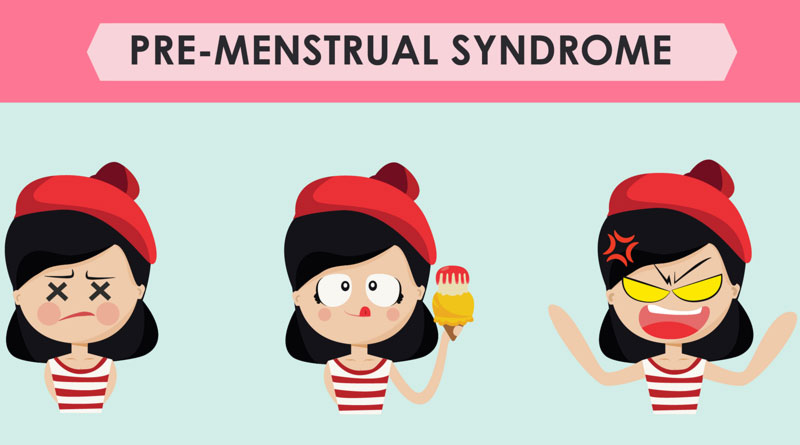Vaginal Yeast Infections
What is a vaginal yeast infection?
Vaginal yeast infections are caused by a fungus called Candida albicans. Yeast are tiny organisms that normally live in small numbers on the skin and inside the vagina. The acidic environment of the vagina helps keep yeast from growing. If the vagina becomes less acidic, too many yeast can grow and cause a vaginal infection.
The acidic balance of the vagina can be changed by your period (menstruation), pregnancy, diabetes, douche products, some antibiotics, birth control pills and steroids. Moisture and irritation of the vagina also seem to encourage yeast to grow.
Return to top
How do I know if I have a yeast infection?
Yeast infections can be very uncomfortable, but are usually not serious. Symptoms include the following:
•Itching and burning in the vagina and around the vulva (the skin that surrounds your vagina)
•A white vaginal discharge that may look like cottage cheese
•Pain during sexual intercourse
•Swelling of the vulva
Yeast infections are so common that every 3 out of 4 of women will have one in their lifetime. Half of all women have more than one infection in their lifetime. If you have symptoms of a yeast infection, your doctor will probably want to talk to you about your symptoms and examine you to make sure a yeast infection is the cause.
Return to top
How are these infections treated?
Yeast infections are usually treated with medicine that you put into your vagina. This medicine may be a cream that you insert in your vagina with a special applicator, or it may be a suppository that you put into your vagina and allow to dissolve on its own. Medicine in a cream form can also be put on your vulva to help relieve itching. Medicine in a pill form that you take by mouth is also available.
Return to top
Should I see my doctor every time I have a yeast infection?
Be sure to see your doctor the first time you have symptoms of a yeast infection. It’s very important to make sure you have a yeast infection and not another more serious infection. The symptoms of a yeast infection are also the symptoms of other infections, such as some STIs. Treating yourself for a yeast infection when you actually have another type of infection may make the problem much worse.
If you have often been diagnosed with yeast infections, talk to your doctor about using a medicine you can buy without a prescription to relieve your symptoms and treat the infection.
Return to top
How can I avoid getting another infection?
Here are some things you can do to help prevent another yeast infection:
•Don’t wear tight-fitting clothing or clothing made out of synthetic material.
•Wear cotton panties.
•Don’t wear pantyhose or leotards every day.
•Use your blow dryer on a low, cool setting to help dry your genital area after you bathe or shower and before getting dressed.
•Wipe from front to back after using the toilet. This may help prevent the bacteria that normally live in your rectum from getting into your vagina.
•Change out of wet swimsuits or other damp clothes as soon as you can.
•Don’t douche or use feminine hygiene sprays, deodorant sanitary pads or tampons.
•Also avoid using colored or perfumed toilet paper. These items seem to affect the balance of acidity in the vagina and can lead to yeast infections.
Does my sexual partner need to be treated?
Although it is rare, you can transmit a yeast infection to your partner through sexual intercourse. If your partner begins to develop symptoms of a yeast infection, talk to a doctor about treatment options.
 Parsi Teb Physical and Mental Health Journal
Parsi Teb Physical and Mental Health Journal 



